COURSE OVERVIEW
ELECTRICAL & POWER ENGINEERING
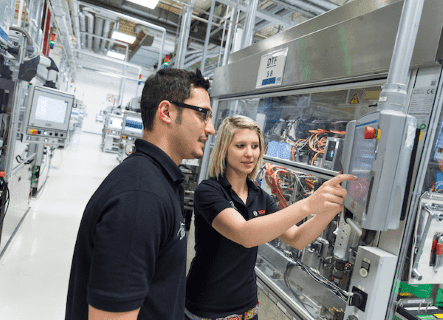
OVERVIEW
| COURSE TITLE | : | EE0081 : Power System Planning & Economics |
| COURSE DATE | : | Nov 11 - Nov 14 2024 |
| DURATION | : | 4 Days |
| INSTRUCTOR | : | Mr. Ahmed Abozeid Days |
| VENUE | : | Dubai, UAE |
| COURSE FEE | : | $ 4500 |
| Register For Course Outline | ||
OTHER SCHEDULED DATES
| Date | : | May 20 - May 23 (4 Days) | Location | : | Al Khobar, KSA | Classroom Fee (US$) | : | $ 4500 | Course Info |
| Date | : | Aug 26 - Aug 29 (4 Days) | Location | : | Abu Dhabi, UAE | Classroom Fee (US$) | : | $ 4500 | Course Info |
Course Description
This practical and highly-interactive course includes various practical sessions and exercises. Theory learnt will be applied using our state-of-the-art simulators. The conventional method of power system planning relies on the minimization of system costs subject to meeting given levels of demand and reliability, as well as other constraints. This course covers power system planning, economics, operation and management issues as well as reliability in a deregulated environment. It will give a comprehensive overview of power system reliability. Evaluation of generation, transmission and distribution system reliability and their impacts on system planning will be covered. The course will address the factors affecting power system expansion planning, operation and management as well as reliability in an electricity market including system adequacy, security, ancillary services market, decision making and other management issues.The course is designed to develop an in-depth understanding of key economic and other concepts related to electric utility planning and to expose the participants to modern approaches of electricity planning, electricity pricing and environmental implications of alternative power development plans. The goal for this course is to give the participants knowledge on how to use economic and reliability analysis as a tool for decision support during planning, design, operation and maintenance of electric power systems. link to course overview PDF
TRAINING METHODOLOGY
This interactive training course includes the following training methodologies as a percentage of the total tuition hours
LecturesWorkshops & Work Presentations
Case Studies & Practical Exercises
Videos, Software & Simulators
In an unlikely event, the course instructor may modify the above training methodology before or during the course for technical reasons.
VIRTUAL TRAINING (IF APPLICABLE)
If this course is delivered online as a Virtual Training, the following limitations will be applicable
| Certificates | : | Only soft copy certificates will be issued to participants through Haward’s Portal. This includes Wallet Card Certificates if applicable |
| Training Materials | : | Only soft copy Training Materials (PDF format) will be issued to participant through the Virtual Training Platform |
| Training Methodology | : | 80% of the program will be theory and 20% will be practical sessions, exercises, case studies, simulators or videos |
| Training Program | : | The training will be for 4 hours per day starting at 09:30 and ending at 13:30 |
| H-STK Smart Training Kit | : | Not Applicable |
| Hands-on Practical Workshops | : | Not Applicable |
| Site Visit | : | Not Applicable |
| Simulators | : | Only software simulators will be used in the virtual courses. Hardware simulators are not applicable and will not be used in Virtual Training |
RELATED COURSES
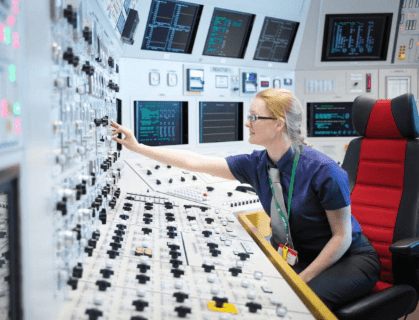
EE0970 : Power System Blackouts, Restoration & Troubleshooting
- Date : May 13 -May 16 / 3 Days
- Location : Dubai, UAE
- Course Details Register
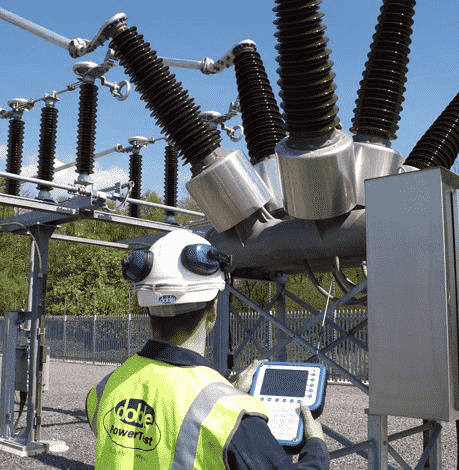
EE0421 : Electrical Transformers & Switchgears: Faults, Inspection, Testing, Maintenance & Troubleshooting
- Date : May 13 -May 16 / 3 Days
- Location : Abu Dhabi, UAE
- Course Details Register
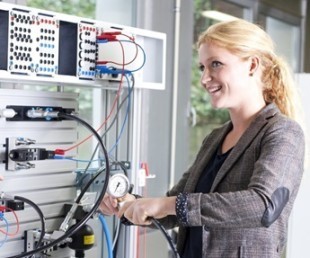
EE0198 : API SIEE: Source Inspector - Electrical Equipment (API Exam Preparation Training)
- Date : May 12 -May 16 / 3 Days
- Location : Doha, Qatar
- Course Details Register
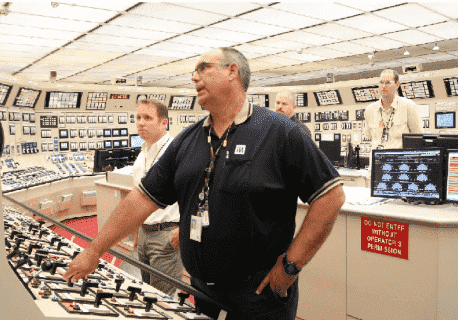
EE0120 : Power Generation: GAS TURBINES, STEAM POWER PLANTS, CO-GENERATION AND COMBINED CYCLE PLANTS: Selection, Applications, Operation, Maintenance and Economics
- Date : May 13 -May 16 / 3 Days
- Location : Abu Dhabi, UAE
- Course Details Register
